Home>Articles>How Much Does It Cost To Level A Basement Floor
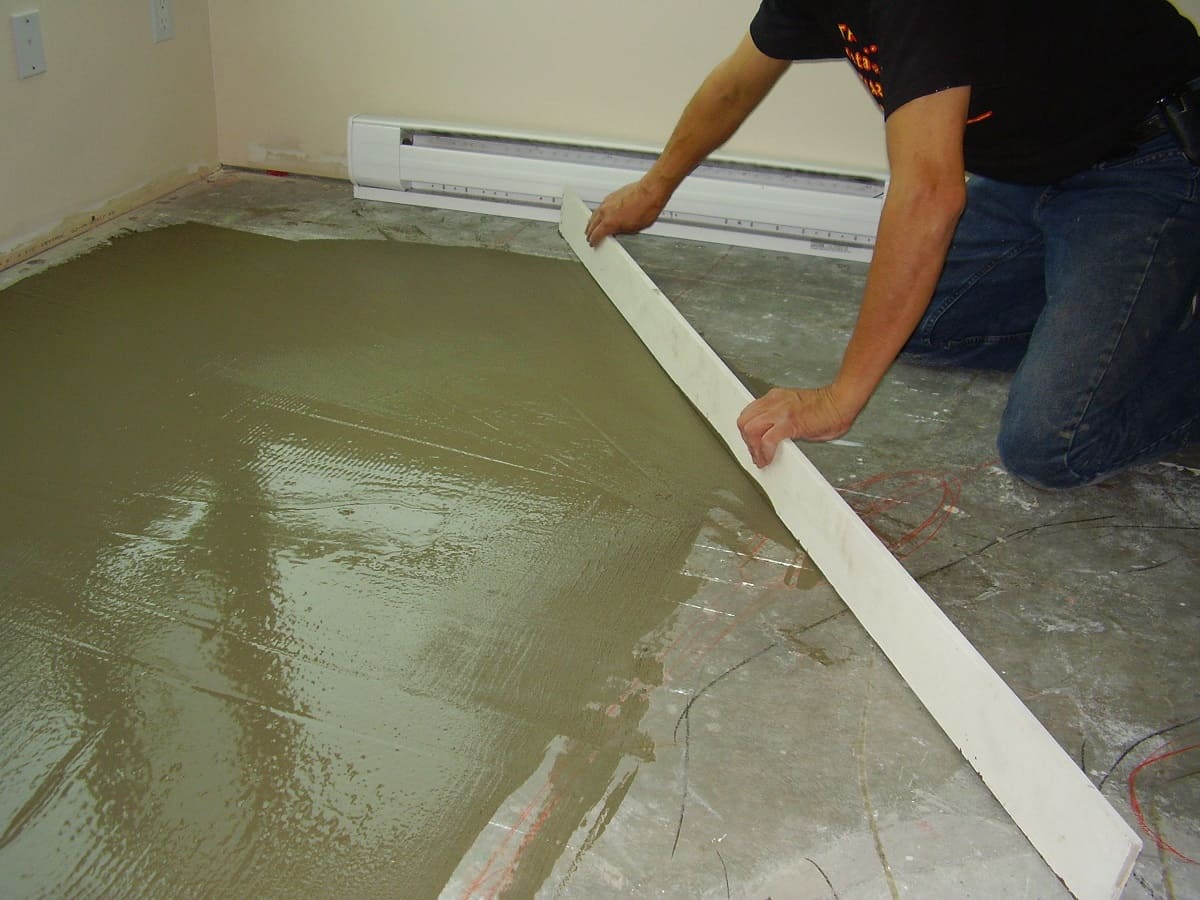

Articles
How Much Does It Cost To Level A Basement Floor
Modified: October 20, 2024
Discover the average cost to level a basement floor in this informative article. Find out the factors that affect the cost and get expert tips for a successful leveling project.
(Many of the links in this article redirect to a specific reviewed product. Your purchase of these products through affiliate links helps to generate commission for Storables.com, at no extra cost. Learn more)
Introduction
When it comes to renovating your basement, one crucial aspect to consider is leveling the basement floor. A level basement floor not only enhances the structural integrity of your home but also provides a sturdy and flat surface for various uses such as installing flooring, setting up furniture, or creating additional living space. However, before embarking on this project, it’s important to understand the factors that can affect the cost of leveling a basement floor and the different methods available.
The cost of leveling a basement floor can vary depending on several factors, including the size of the basement, the extent of the leveling required, and the chosen method of leveling. It’s important to assess these factors before diving into the project to ensure a successful and cost-effective outcome.
In this article, we will explore the factors that can impact the cost of leveling a basement floor, the common methods used for basement floor leveling, and the breakdown of costs associated with each method. Additionally, we will discuss the pros and cons of hiring a professional versus DIY basement floor leveling and provide some tips on how to save money during this renovation process.
By the end of this article, you will have a better understanding of the cost implications and various techniques involved in basement floor leveling, empowering you to make informed decisions and achieve a level and functional basement floor within your budget.
Key Takeaways:
- Factors such as the size of the basement, extent of leveling required, and accessibility can impact the cost of leveling a basement floor. Thoroughly assessing these factors and obtaining multiple quotes is crucial for accurate budgeting.
- While hiring a professional ensures high-quality workmanship, DIY basement floor leveling can be cost-effective if you have the necessary skills and time. Careful research, planning, and consideration of cost-saving measures are essential for a successful and budget-friendly project.
Factors Affecting the Cost of Leveling a Basement Floor
Several factors come into play when determining the cost of leveling a basement floor. Understanding these factors will help you estimate the budget required for the project and make informed decisions. Here are the key factors that can affect the cost of leveling a basement floor:
- Size of the Basement: The size of your basement is an important consideration when estimating the cost of leveling. Larger basements will require more time and materials to complete the leveling process, which can increase the overall cost.
- Extent of the Leveling Required: The degree of unevenness in your basement floor will impact the cost. Minor unevenness may only require minimal leveling, while major discrepancies may necessitate more extensive work, such as adding additional layers of concrete or using leveling compounds.
- Accessibility: The accessibility of your basement can also affect the cost. If your basement is easily accessible, contractors can bring in equipment and materials more efficiently. However, if your basement has limited access, additional labor and equipment may be needed, resulting in higher costs.
- Existing Flooring: The type and condition of the existing flooring in your basement can also impact the cost. Removing and disposing of old flooring materials, such as carpet or vinyl, can add to the overall expenses. Additionally, if the existing flooring is damaged or uneven, it may require additional steps, such as subfloor installation, to achieve a level surface.
- Professional Expertise: Hiring a professional contractor with experience in basement floor leveling will ensure high-quality workmanship, but it may come at a higher cost. The expertise and reputation of the contractor can influence the pricing, so it’s essential to research and obtain multiple quotes to find the best balance of cost and quality.
By considering these factors, you can estimate the cost of leveling a basement floor more accurately. It’s important to keep in mind that every basement is unique, and the cost can vary significantly based on individual circumstances. Consulting with professionals and obtaining quotes will provide you with a clearer picture of the expenses involved in your specific situation.
Common Methods of Leveling a Basement Floor
When it comes to leveling a basement floor, there are several methods available, each with its own benefits and considerations. The choice of method will depend on factors such as the extent of leveling required, the condition of the existing floor, and your budget. Here are some common methods used to level a basement floor:
- Self-Leveling Concrete: This method involves applying a self-leveling compound to the existing floor to create a smooth and level surface. The compound is poured and spread over the floor, filling in low spots and leveling out any unevenness. Self-leveling concrete is a popular choice as it provides a quick and efficient solution, and it can be used on various flooring types, including concrete and wood.
- Concrete Overlay: A concrete overlay is an option when the existing basement floor is in relatively good condition but needs leveling. In this method, a thin layer of new concrete is poured over the existing floor, effectively leveling out any imperfections. Concrete overlays can be customized with different colors and finishes, making it a versatile and aesthetically pleasing choice.
- Grinding and Polishing: If the unevenness of the basement floor is minimal, grinding and polishing may be a suitable option. This method involves using specialized equipment to grind down the high spots and create a smoother surface. After grinding, the floor can be polished to achieve a glossy and level finish. Grinding and polishing is a cost-effective option, especially when dealing with minor unevenness.
- Shimming: Shimming is a method used to address localized low spots in the basement floor. It involves inserting shims, typically made from wood or composite materials, underneath the flooring to raise the low areas and create a level surface. Shimming is a more labor-intensive process but can be an effective solution for specific problem areas.
- Mudjacking: Mudjacking, also known as slab leveling or concrete lifting, is a technique used to level sunken or settled concrete slabs. It involves drilling holes into the concrete floor and injecting a specialized grout mixture into the voids. The grout fills the gaps, raises the concrete, and levels the surface. Mudjacking is particularly suitable for basement floors that have sunk due to soil settlement or poor subbase compaction.
Each method has its advantages and considerations, and the appropriate choice will depend on the specific circumstances of your basement floor. Consulting with professionals can help you determine the most suitable method for your needs and ensure a successful leveling process.
Cost Breakdown of Different Leveling Techniques
The cost of leveling a basement floor can vary depending on the chosen method. Understanding the breakdown of costs associated with each technique will help you make an informed decision and plan your budget accordingly. Here is a cost breakdown of different leveling techniques commonly used for basement floors:
- Self-Leveling Concrete: The cost of self-leveling concrete can range from $2 to $5 per square foot. This includes the cost of the self-leveling compound, labor, and any necessary surface preparation. Keep in mind that additional expenses may apply, such as removing the existing flooring or repairing any damaged areas before applying the self-leveling compound.
- Concrete Overlay: The cost of a concrete overlay can range from $3 to $10 per square foot. This includes the cost of materials, labor, and any required surface preparation. The total cost will depend on factors such as the condition of the existing floor, customization options, and the complexity of the design or pattern you choose for the overlay.
- Grinding and Polishing: The cost of grinding and polishing a basement floor can vary depending on the square footage, the level of grinding required, and additional services such as staining or sealing. On average, the cost can range from $3 to $7 per square foot. It’s important to note that if the floor has extensive damage or coatings that need to be removed, the cost may increase.
- Shimming: Shimming is a more labor-intensive process, and the cost can depend on the number of shims required and the complexity of the leveling job. The cost can vary from $1 to $3 per square foot. Shimming is often a more cost-effective option for addressing localized low spots or small areas that require leveling.
- Mudjacking: The cost of mudjacking a basement floor can range from $5 to $8 per square foot. Factors such as the size of the area, the extent of sinking, and the accessibility of the floor can influence the overall cost. Additional costs may also include concrete patching or repair work if necessary.
It’s important to note that these cost ranges are estimates and can vary depending on your location, the specific requirements of your project, and the contractor you choose. Obtaining multiple quotes and discussing the details of the project with professionals will provide a more accurate cost breakdown for leveling your basement floor.
Before leveling a basement floor, consider factors such as the size of the area, the condition of the existing floor, and the materials needed. Costs can vary widely, so it’s best to get multiple quotes from contractors to compare.
Hiring a Professional vs. DIY Basement Floor Leveling
When it comes to leveling a basement floor, one of the decision you’ll need to make is whether to hire a professional or tackle the project yourself. Both options have their pros and cons, and it’s important to consider factors such as your skill level, time availability, and budget before making a decision. Here’s a comparison of hiring a professional versus doing DIY basement floor leveling:
Hiring a Professional:
- Expertise and Experience: Professionals have the knowledge, skills, and experience to ensure the floor leveling is done correctly. They are familiar with various techniques, have access to specialized tools, and can tackle any unexpected challenges that may arise during the process.
- Quality of Workmanship: Hiring a professional ensures a high-quality result. They have the expertise to assess the condition of your basement floor and determine the most suitable leveling method. Their attention to detail and precision can provide a level surface that will stand the test of time.
- Saves Time and Effort: Basement floor leveling can be a time-consuming and physically demanding task. By hiring professionals, you can save yourself the hassle and effort of doing it yourself. They will take care of all the necessary preparations, leveling, and finishing, allowing you to focus on other aspects of your basement renovation.
- Cost Considerations: While hiring professionals can be more expensive upfront, it may save you money in the long run. They have access to wholesale prices for materials, and their expertise can prevent costly mistakes or the need for additional repairs down the line.
DIY Basement Floor Leveling:
- Cost Savings: DIY basement floor leveling can be a cost-effective option, especially if you have the necessary tools and equipment. You can save on labor costs and have more control over the budget by purchasing materials directly and doing the work yourself.
- Flexibility and Learning Opportunity: Doing the project yourself allows you to work at your own pace and make adjustments as needed. It can also be a valuable learning experience, as you can gain knowledge and skills relevant to future DIY projects.
- Time and Effort: DIY basement floor leveling requires a significant time commitment and physical effort. It’s important to have realistic expectations about the time it will take and ensure you have the necessary skills and physical stamina to complete the project safely and efficiently.
- Potential for Mistakes: Without professional expertise, there is a higher risk of making mistakes during the leveling process. These mistakes can lead to uneven surfaces, improper leveling, or even damage to the basement structure. It’s crucial to thoroughly research and understand the techniques before attempting DIY leveling.
Ultimately, the decision between hiring a professional or doing DIY basement floor leveling depends on your specific circumstances. If you have limited experience, lack the necessary tools, or want a high-quality, hassle-free outcome, hiring a professional is the recommended option. However, if you have the skills, time, and motivation to take on the project yourself, DIY basement floor leveling can be a rewarding and cost-effective choice.
Read more: How Much Does Driveway Leveling Cost
Additional Costs to Consider
When planning the budget for leveling a basement floor, it’s important to consider not only the costs directly associated with the leveling technique but also any additional expenses that may arise throughout the process. Here are some additional costs to consider:
- Preparation Work: Depending on the condition of your basement floor, you may need to perform some preparation work before leveling. This can include removing existing flooring materials, repairing cracks or damage, or cleaning the surface. These additional tasks may require additional materials and labor, which should be factored into the overall cost.
- Materials and Tools: In addition to the materials required for the leveling technique itself, there may be other materials and tools needed for the project. This can include items such as leveling compounds, adhesives, protective gear, or specialized equipment for surface preparation or finishing. Make sure to account for these additional costs when budgeting for the project.
- Disposal of Debris: If you are removing existing flooring or performing any demolition work, there may be debris that needs to be disposed of properly. Some contractors may include debris removal as part of their services, but if you are doing the project yourself, you may need to rent a dumpster or arrange for debris removal separately, which can incur additional costs.
- Permits and Inspections: Depending on your location and the scope of the project, you may need to obtain permits and have inspections done. Permit fees and inspection costs vary, so it’s important to check with your local building department to determine the requirements and associated expenses.
- Structural Assessment: If you suspect any underlying structural issues in your basement, it’s recommended to have a professional assess the condition before proceeding with leveling. This assessment may involve an additional cost but can help identify any potential problems that need to be addressed to ensure a safe and effective leveling process.
- Finishing and Flooring: Once the basement floor is leveled, you may need to budget for finishing touches such as sealing the floor, installing a moisture barrier, or applying a protective coating. Additionally, if you plan to install new flooring, you should account for the cost of materials, labor, and any additional preparation work that may be required.
By considering these additional costs, you can develop a more comprehensive budget for leveling your basement floor. It’s important to review your specific project requirements, consult professionals or contractors, and obtain detailed quotes to get a clearer understanding of the overall expenses involved.
Tips to Save Money on Basement Floor Leveling
Leveling a basement floor can be a significant investment, but there are several ways to save money without compromising on the quality and effectiveness of the project. Here are some tips to help you save money on basement floor leveling:
- Do Your Research: Before starting the project, take the time to research different leveling techniques, materials, and contractors. Compare prices, read reviews, and ask for recommendations to find the most cost-effective options without sacrificing quality.
- Obtain Multiple Quotes: Reach out to several contractors and request detailed quotes for your project. By comparing quotes, you can identify any significant price differences and negotiate the best deal.
- Consider DIY, If Appropriate: If you have the necessary skills, tools, and time, you might consider doing the leveling yourself. Keep in mind that DIY leveling may not be suitable for complex or extensive projects, so carefully assess your capabilities before undertaking the task.
- Reuse or Reuse Materials: If possible, reuse or repurpose existing materials. For example, if you need to remove the flooring, check if any sections can be salvaged and reused. Also, consider purchasing recycled or refurbished materials for aspects like flooring or finishes.
- Plan Ahead: Proper planning can save you money by reducing the chances of costly mistakes or changes in the middle of the project. Create a detailed plan, including measurements, materials needed, and a timeline, so you can better estimate costs and prevent unnecessary expenses.
- Opt for Cost-Effective Materials: When choosing materials, consider cost-effective options that still meet your requirements. It’s possible to find affordable alternatives that offer similar durability and performance. However, ensure you don’t compromise on quality since using low-quality materials may lead to future repairs or replacements.
- Reuse Existing Foundation: If your basement floor does not require extensive leveling, consider utilizing the existing foundation. Instead of completely replacing the floor, opt for techniques like grinding and polishing to level and enhance its appearance.
- Minimize Disruption: Be mindful of the extent of the leveling required. If you can address localized unevenness instead of leveling the entire floor, it can help reduce costs. Focus on the areas that are necessary for your specific needs and requirements.
Remember, while cost-saving measures are important, it’s crucial not to compromise the structural integrity and safety of your basement floor. Prioritize quality workmanship and ensure proper leveling to avoid more significant expenses in the future.
Conclusion
Leveling a basement floor is a crucial step in creating a functional and visually appealing living space. Understanding the factors that affect the cost, the common leveling techniques available, and the additional expenses involved can help you plan your budget effectively. Whether you decide to hire a professional or tackle the project yourself, it’s important to carefully consider your skills, time availability, and budget constraints.
By conducting thorough research, obtaining multiple quotes, and exploring cost-saving measures, you can ensure a successful and cost-effective basement floor leveling project. Additionally, it’s important to prioritize the quality and safety of the work, as a level and stable floor is essential for a long-lasting and comfortable living space.
Remember, each basement is unique, and the cost of leveling can vary based on factors such as the size of the basement, extent of leveling required, and chosen method. Consulting with professionals and obtaining detailed quotes will provide you with a more accurate understanding of the costs associated with your specific project.
Ultimately, the goal of leveling a basement floor is to create a sturdy, level surface that enhances the structural integrity of your home and provides a foundation for further renovations. With careful planning, research, and decision-making, you can achieve a beautifully leveled basement floor that meets your needs and fits within your budget.
Frequently Asked Questions about How Much Does It Cost To Level A Basement Floor
Was this page helpful?
At Storables.com, we guarantee accurate and reliable information. Our content, validated by Expert Board Contributors, is crafted following stringent Editorial Policies. We're committed to providing you with well-researched, expert-backed insights for all your informational needs.
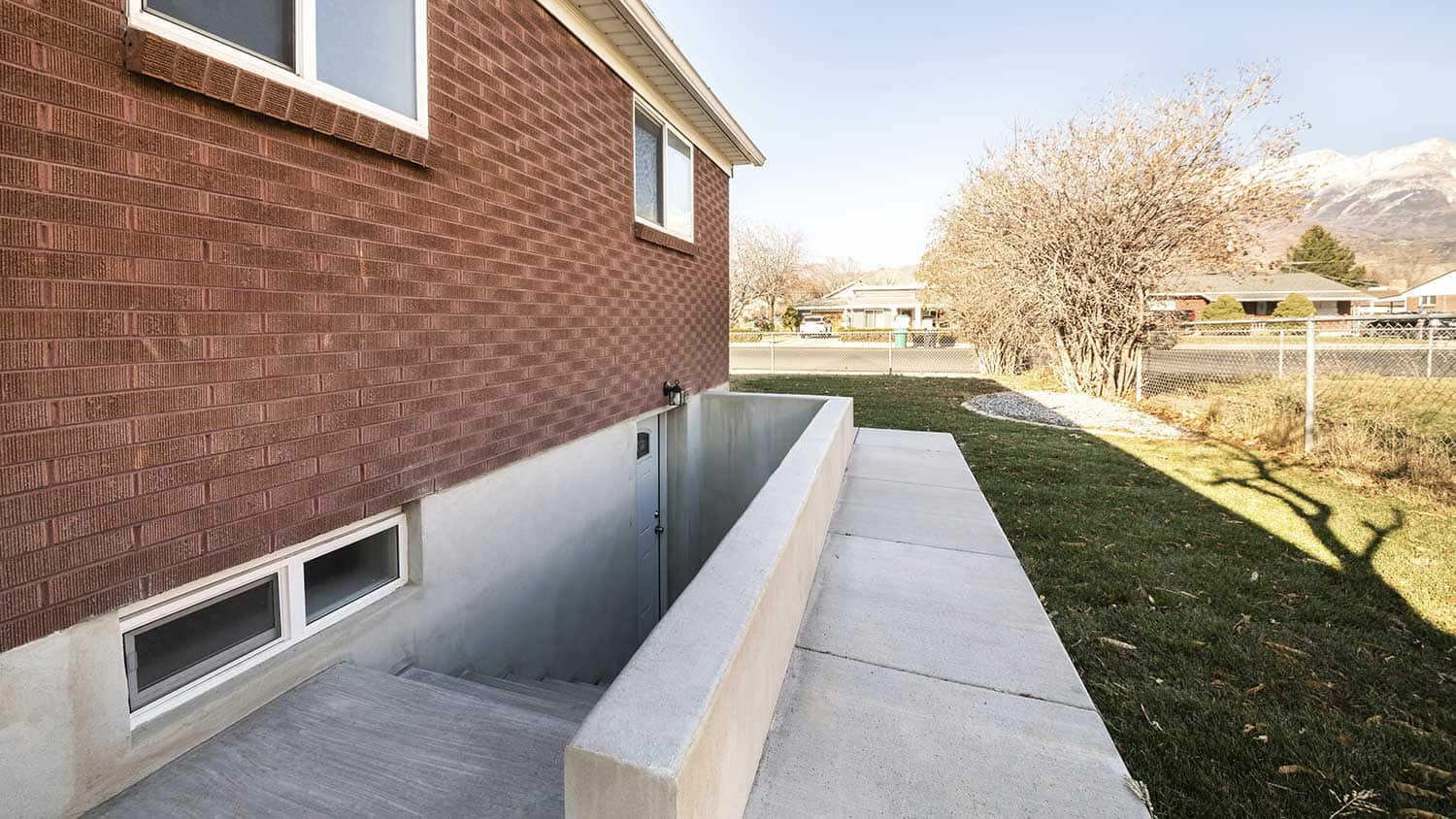

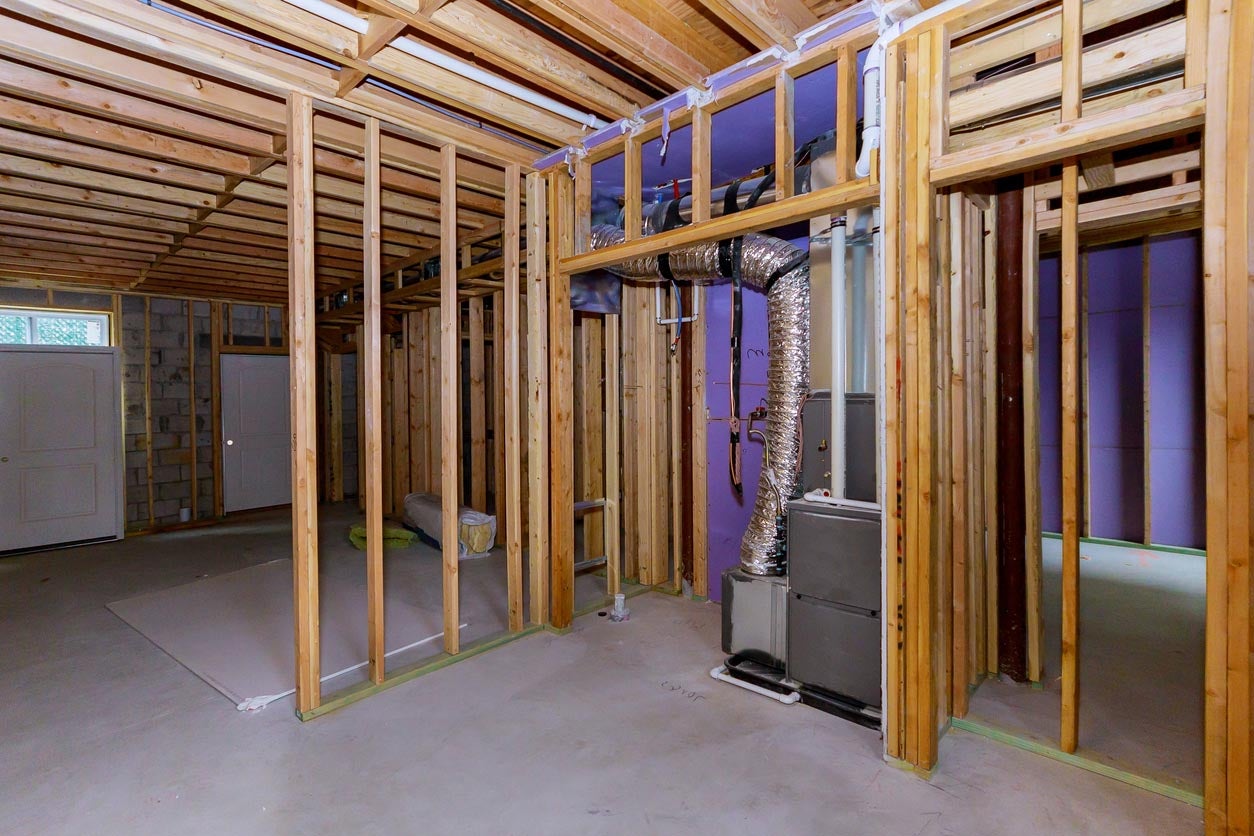

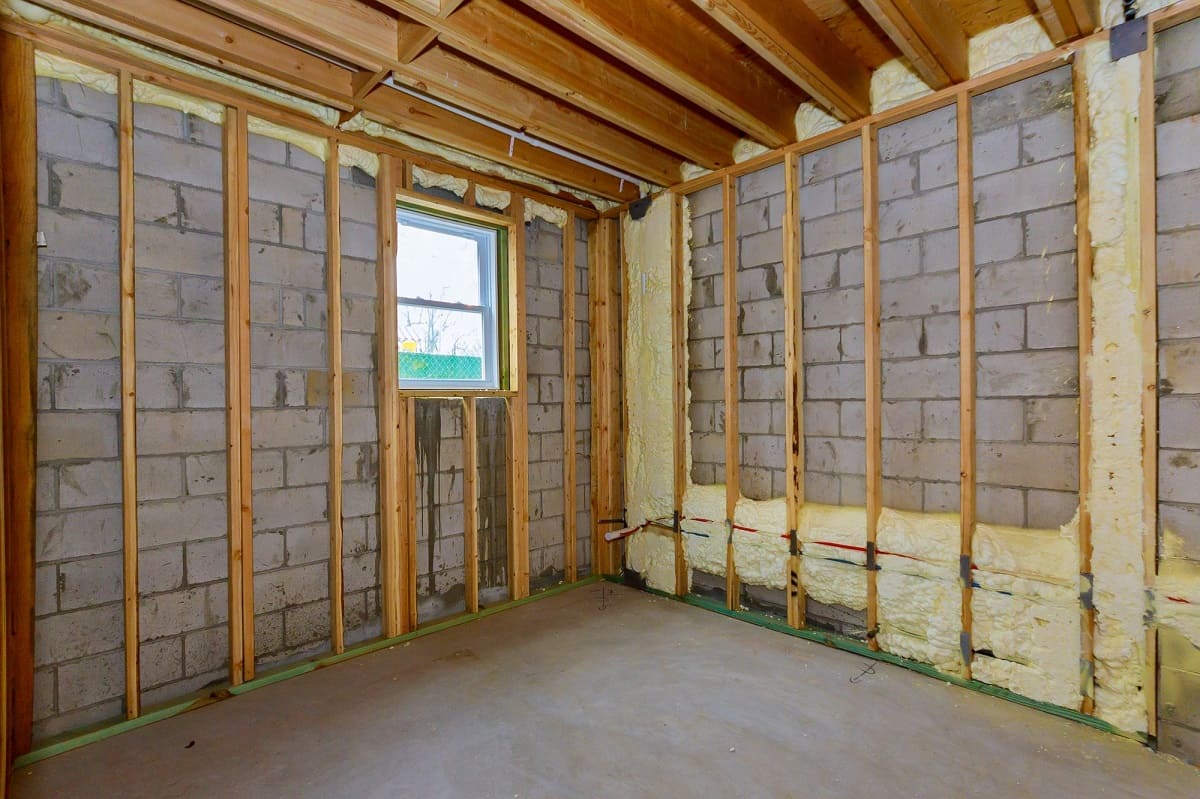
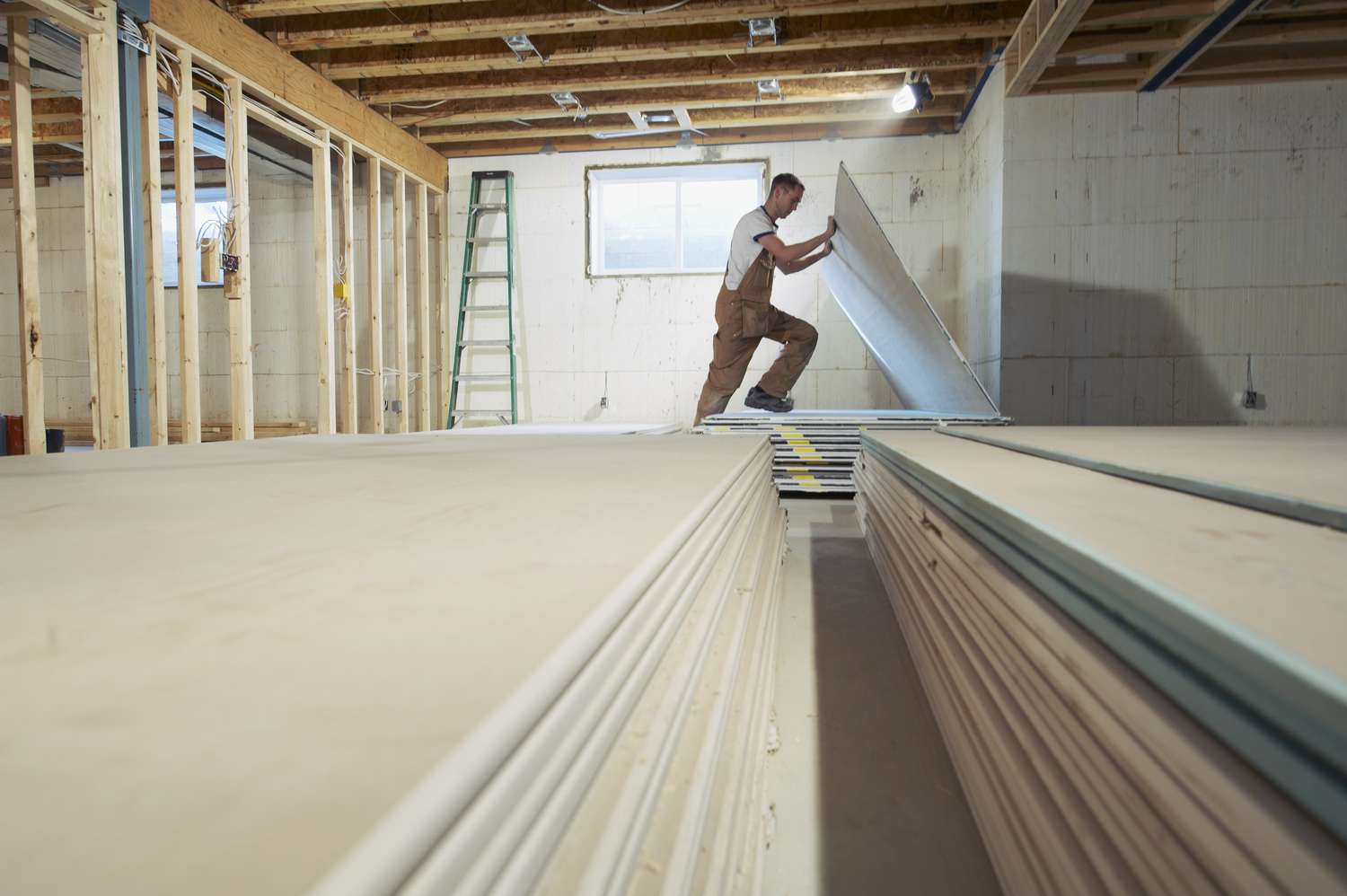
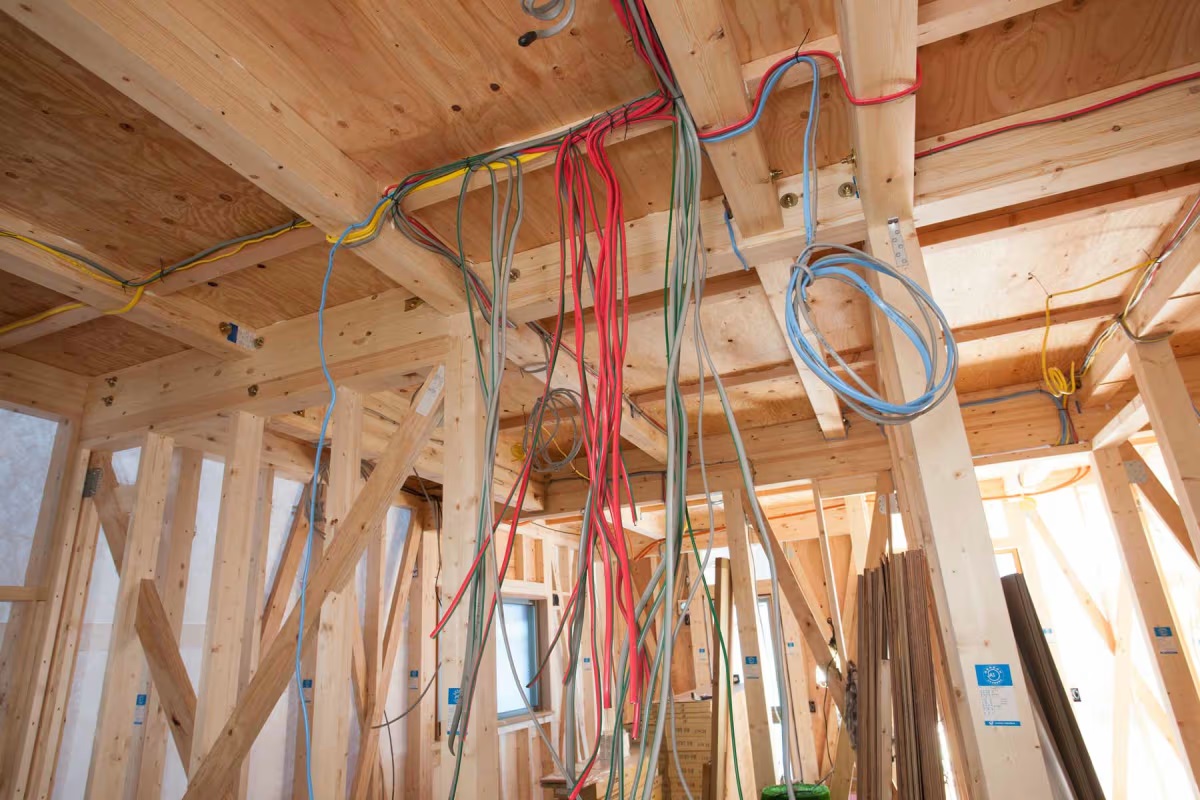
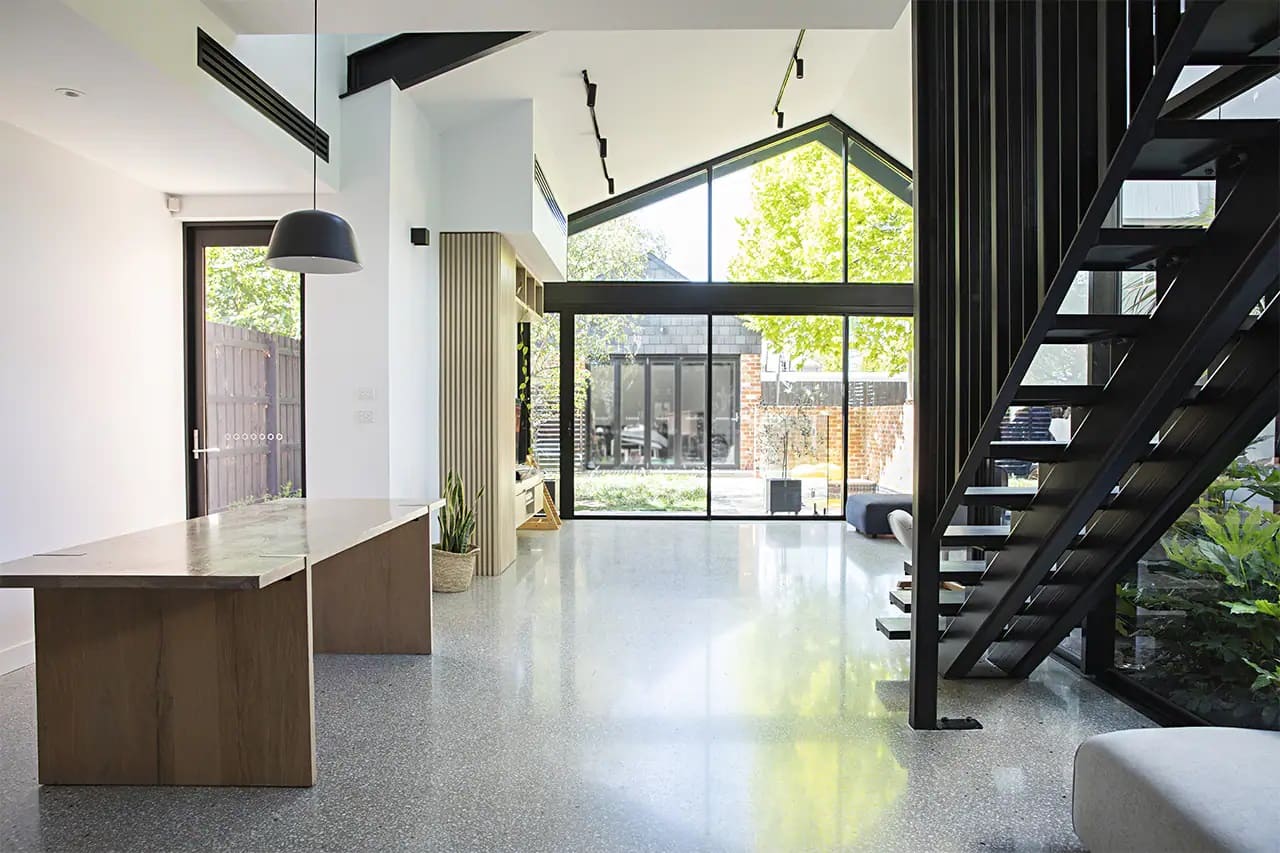

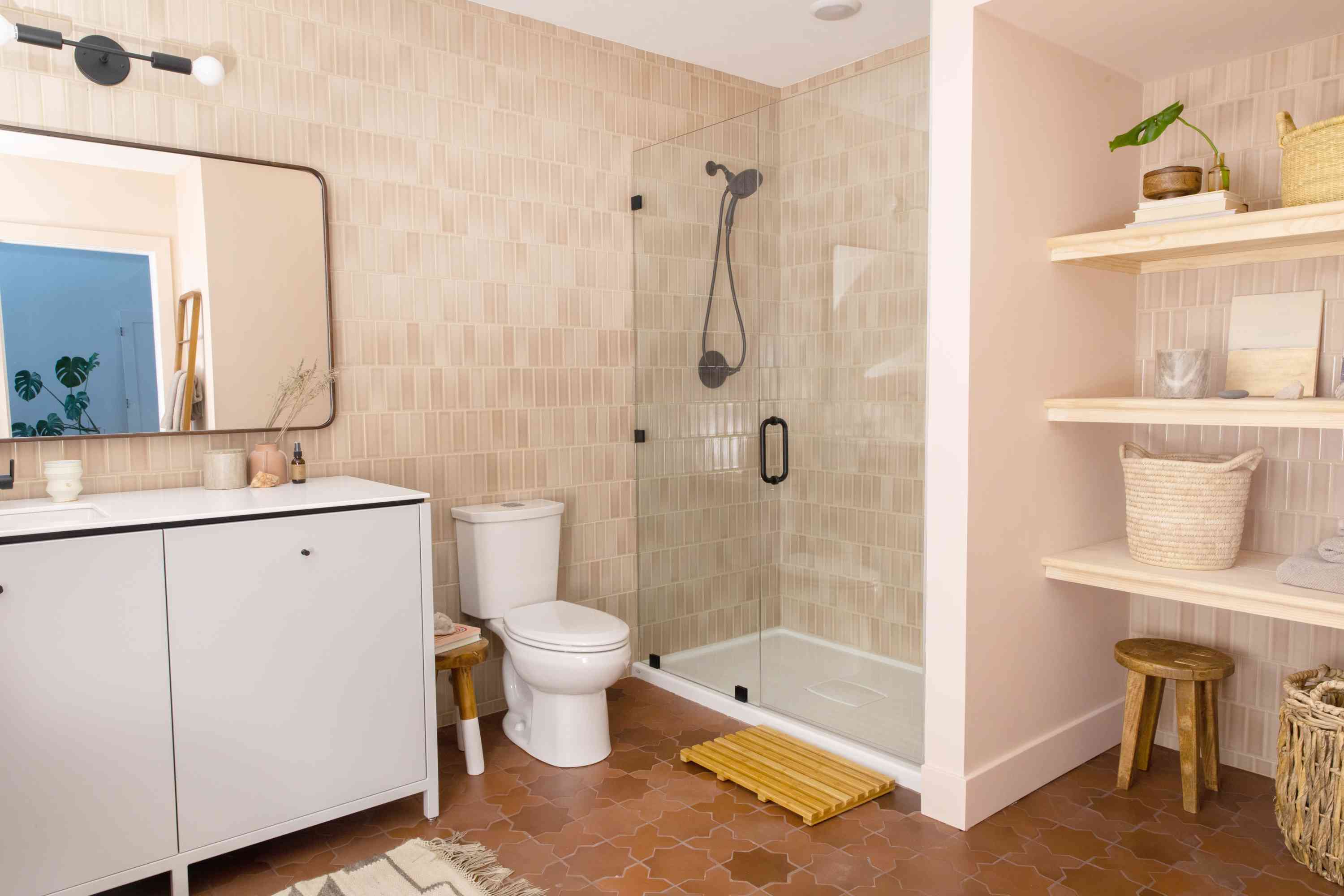
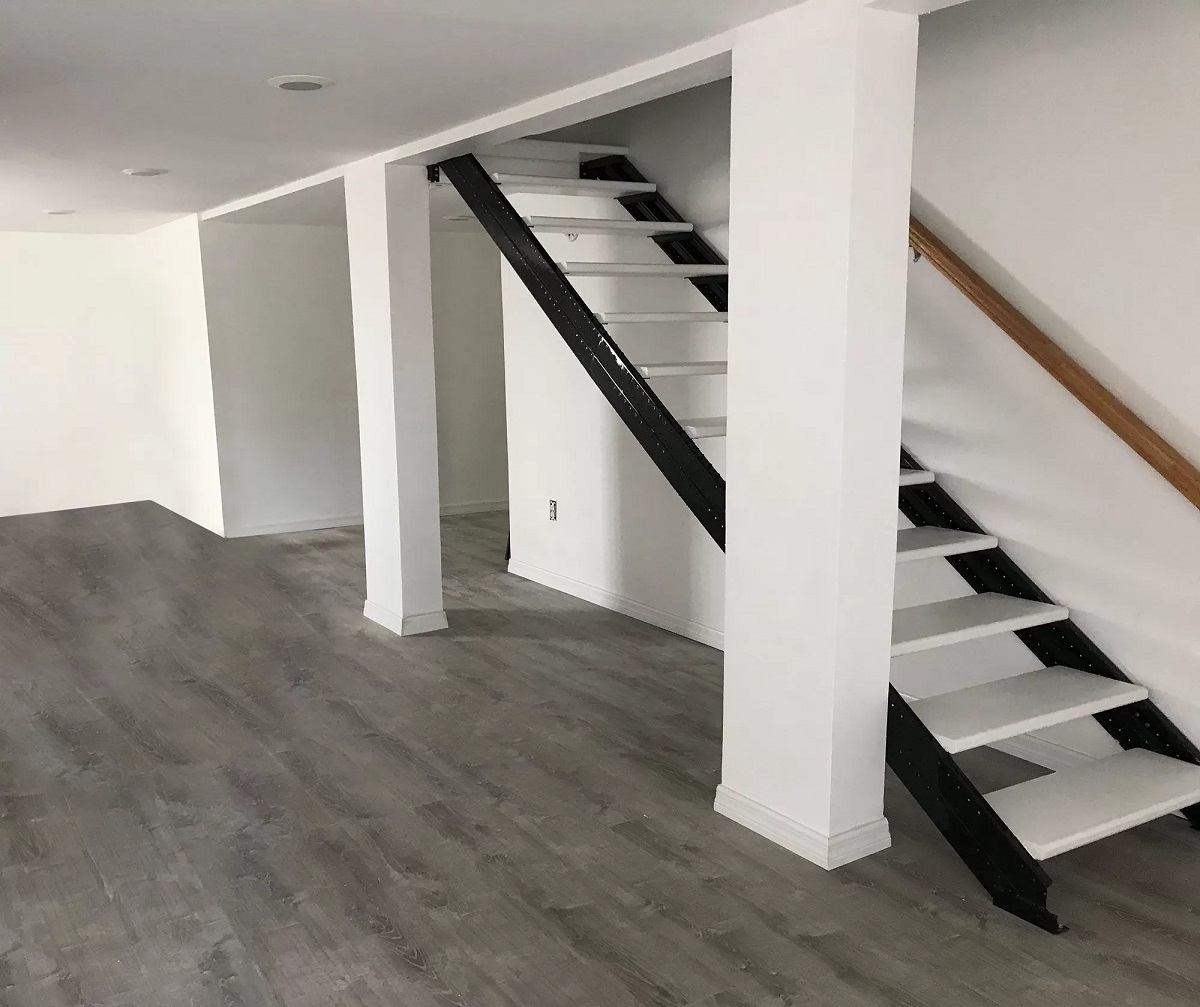
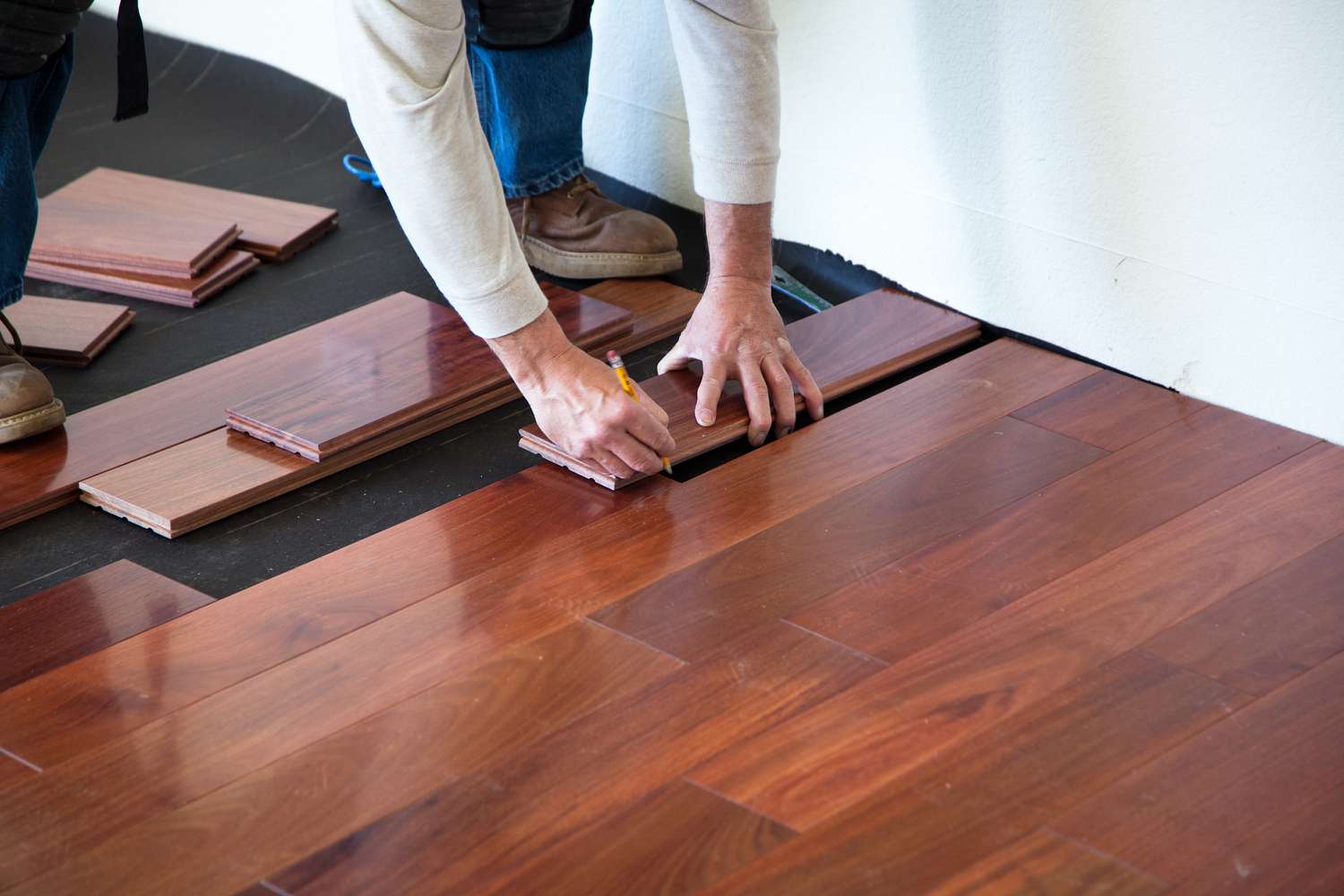
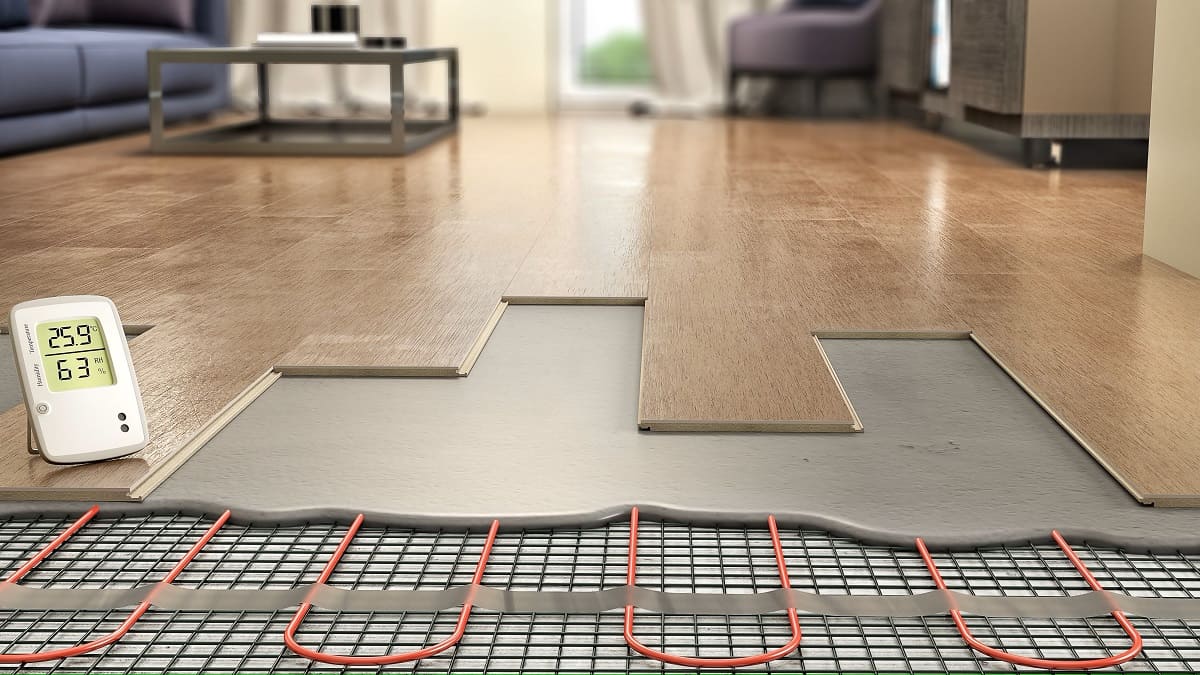
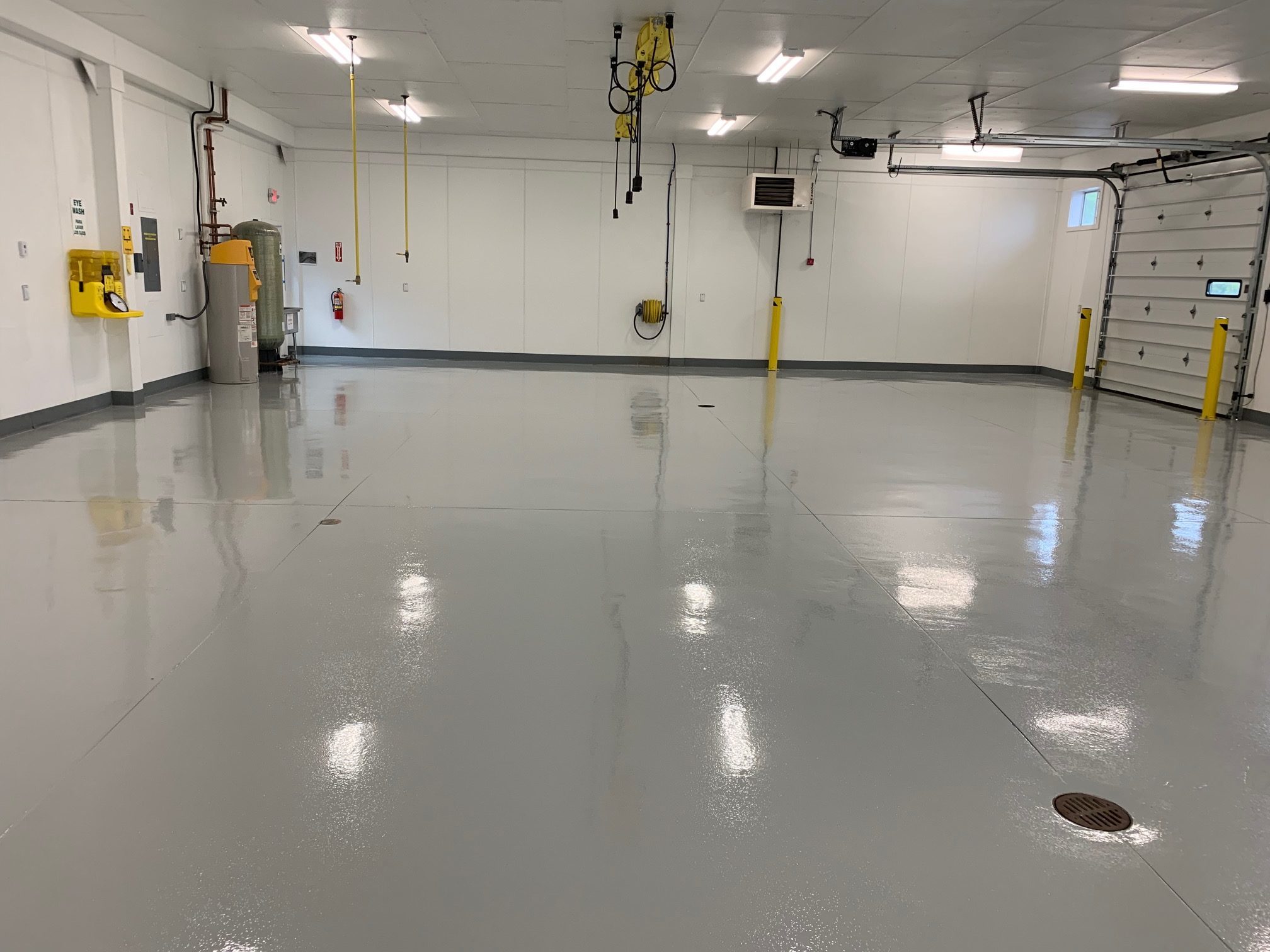

0 thoughts on “How Much Does It Cost To Level A Basement Floor”